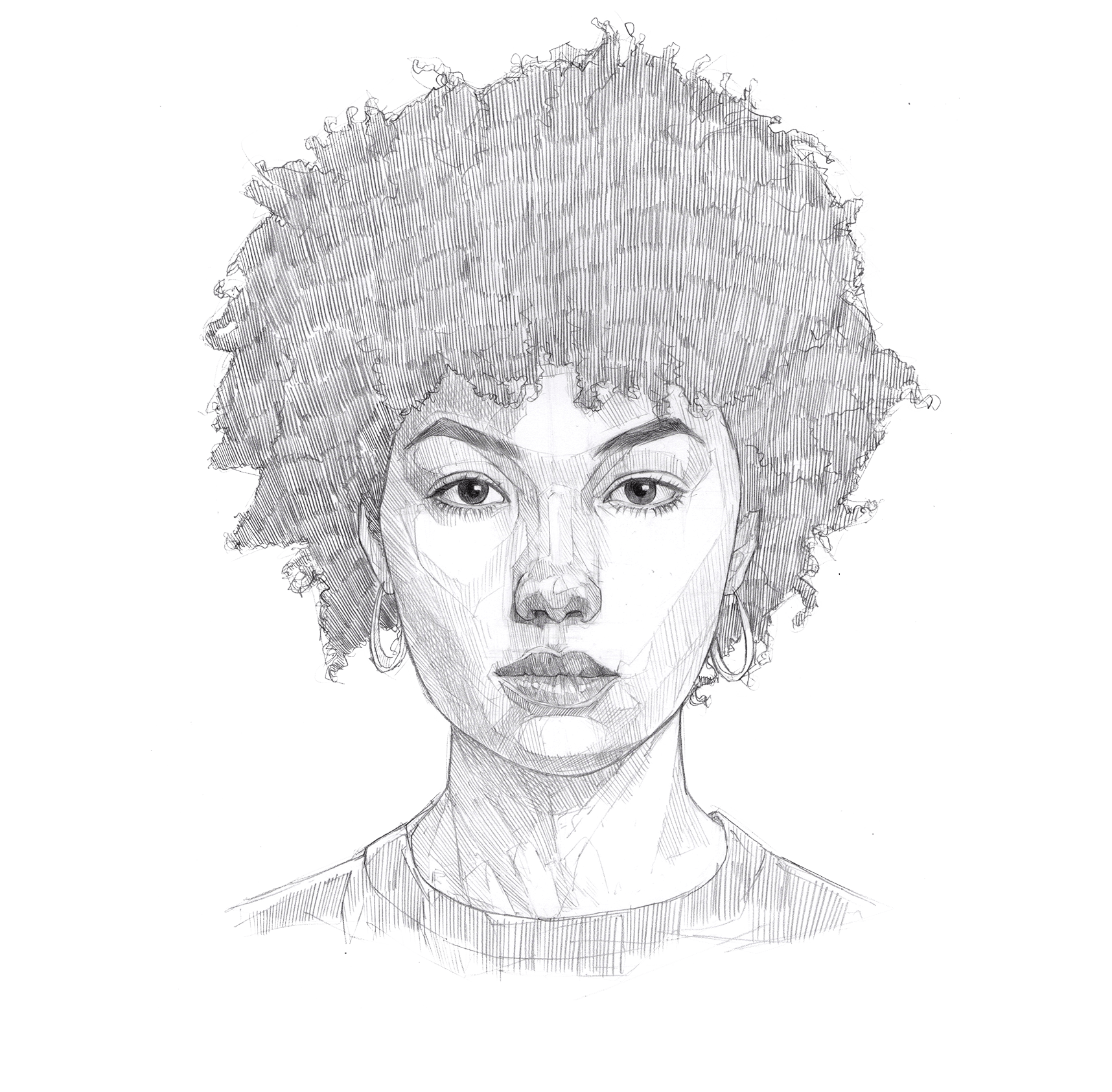Oftentimes we blame ourselves
The main thing in any type of sexual assault, [...] especially if it’s a woman, oftentimes we blame ourselves. I've never had that happen to me, but talking to other people who've gone through these things, it's like, "I shouldn’t have drunk too much," or, "Did I have anything on that was too revealing?". You start second-guessing what you could have done to prevent it, as opposed to, "that person didn’t have the right to have their hands on me," and, "it really doesn’t matter what I had on." So I think it’s important to let the person know that you’re there for them no matter what and go with them wherever they need to go. It's about trust too.
Recommendations
-
Present learning materials in a way that is helpful to a friend supporting a victim/survivor.
-
Ensure all sexual violence prevention and response education and training opportunities actively deconstruct victim-blaming, rape myths and gender norms. Ensure these sessions take an intersectional approach to understanding sexual violence and supporting victim/survivors.
-
Ensure educational materials and initiatives explore relationships between sexual violence and drugs/alcohol. These materials should be mindful of pressures to over-consume and the fact that some international students are unfamiliar with drinking culture. Ensure and/or highlight the fact that no student who discloses or reports sexual assault will be penalized for substance use related to the incident in question.

